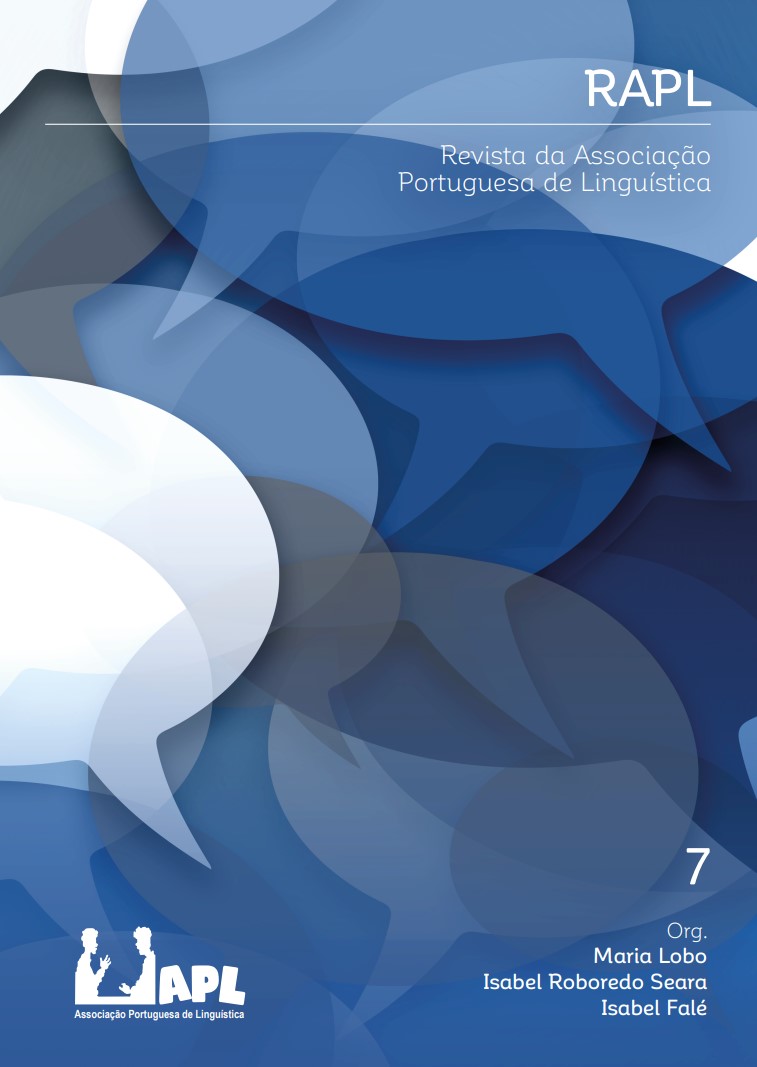Erosão linguística na aquisição bilingue português – umbundu: evidências no domínio da formação do plural
DOI:
https://doi.org/10.26334/2183-9077/rapln7ano2020a5Palavras-chave:
bilinguismo, erosão linguística, formação do plural, português, umbundoResumo
The present study assesses the linguistic development of Portuguese-Umbundu bilingual speakers in Angola by focusing on the production of plural forms. In particular, we analyse if changes in the degree of language exposure, after entering into the school, favor the occurrence of attrition in Umbundu, the home language, in parallel to the development of Portuguese, the dominant school language. A group of 28 bilingual students (14 3rd grade primary school students and 14 teenagers attending the 9th grade) and 28 age-matched monolingual speakers of Portuguese participated in a picture-based oral production elicitation task. The results show that the 3rd grade students have more difficulties in producing the plural in Portuguese, especially in situations where they have to apply particular rules (e.g. replace -ão with -ões), compared to Umbundu, the language that forms the plural by changing nominal classes. However, older students (9th graders) show more difficulties in forming the plural in Umbundu. Although this is not a longitudinal study, the data suggest that the change in the degree of language exposure, as a consequence of schooling in Portuguese, may have contributed to this inversion, which leads us to infer that the family language is vulnerable to attrition effects.
Downloads
Downloads
Publicado
Como Citar
Edição
Secção
Licença
Direitos de Autor (c) 2020 Bernardino Valente Calossa, Cristina Flores

Este trabalho encontra-se publicado com a Licença Internacional Creative Commons Atribuição-NãoComercial-CompartilhaIgual 4.0.
Os autores mantêm os direitos autorais e concedem à revista o direito de primeira publicação. Os artigos estão simultaneamente licenciados sob a Creative Commons Attribution License que permite a partilha do trabalho com reconhecimento da sua autoria e da publicação inicial nesta revista.
Os autores têm autorização para disponibilizar a versão do texto publicada na RAPL em repositórios institucionais ou outras plataformas de distribuição de trabalhos académicos (p.ex. ResearchGate).





